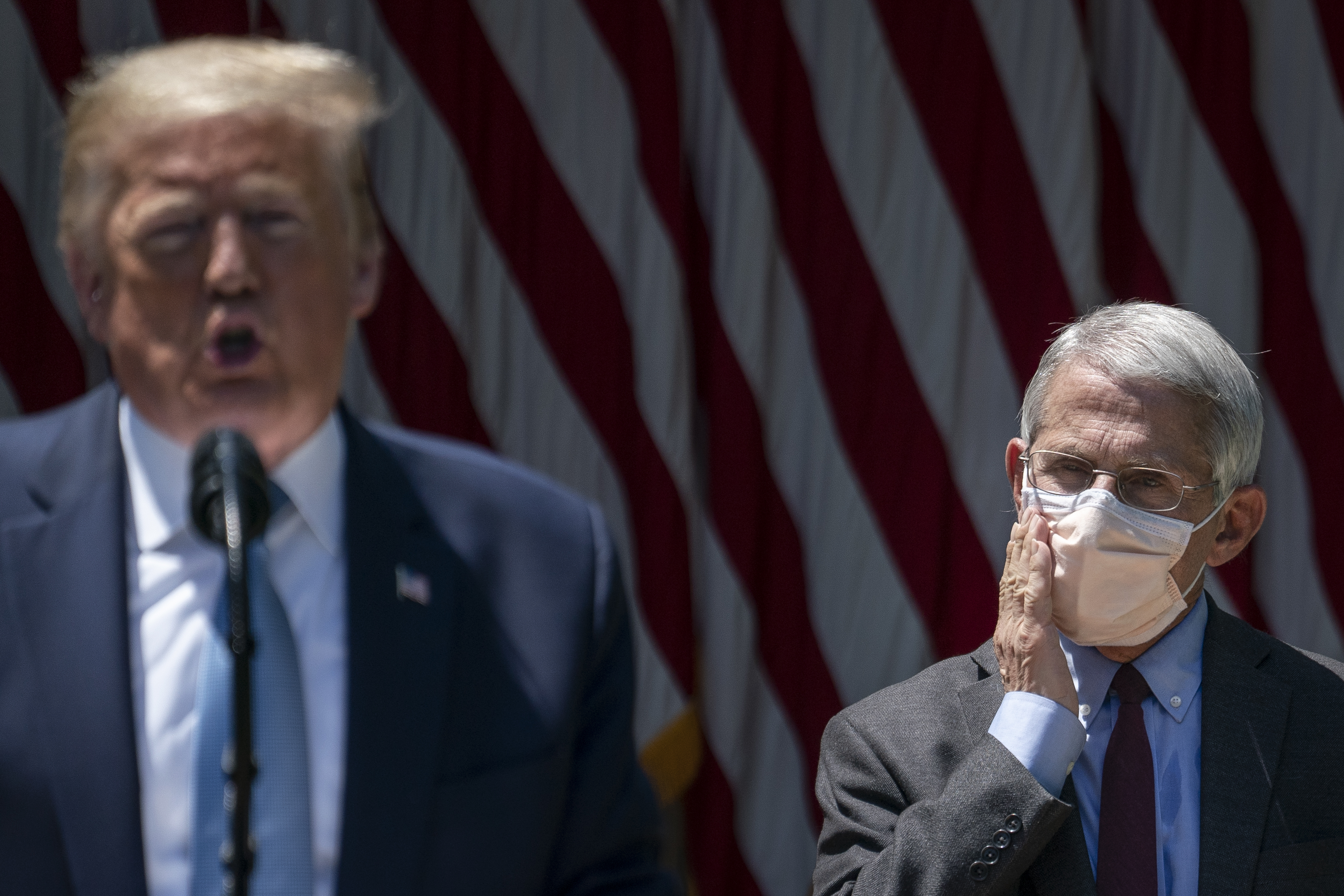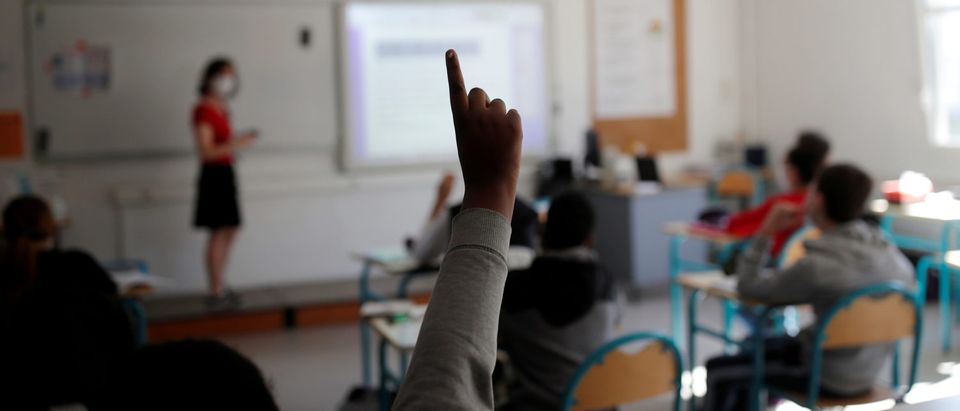While much still remains unknown about the coronavirus, a consensus has emerged that the virus presents an extremely minimal risk for children.
As the Summer months arrive, debate has emerged over whether or not it’s safe for schools to reopen. Most colleges throughout the U.S. have already stated their intentions to reopen their campuses this Fall, and two-thirds of college students feel safe returning even without a vaccine, according to a recent poll. However, managing to return younger students to school could prove more complicated. (RELATED: Poll: Just 25% Of Americans Believe Coronavirus Death Tolls Are Accurate)
President Donald Trump recently clashed with White House coronavirus task force member Dr. Anthony Fauci over the possibility of K-12 schools reopening in the Fall, noting that the virus presents an extremely low risk to children. On the surface, the president is indisputably correct. A study published in late April estimated that roughly 1/3 of children ages 6-10 who had the coronavirus were asymptomatic, and concluded “the role of children in transmission is unclear, but it seems likely they do not play a significant role.”

Dr. Anthony Fauci (R), director of the National Institute of Allergy and Infectious Diseases, looks on as U.S. President Donald Trump delivers remarks about coronavirus vaccine development in the Rose Garden of the White House on May 15, 2020 in Washington, DC. (Photo by Drew Angerer/Getty Images)
As of mid-May, in the coronavirus epicenter of New York, just nine children under the age of 18 had died with the virus, accounting for a total of 0.06% of the state’s deaths. On the flip side, nearly three-quarters of coronavirus deaths in the state came among those 65-years-old and older.
Fox Sports commentator Clay Travis noted that the odds of people under the age of 24 dying from the coronavirus are statistically lower than them getting struck by lightning. The odds of someone under the age of 24 dying of the coronavirus is roughly one in 1 million, while the odds of someone in that age group getting struck by lightning is roughly one in 700,000. (RELATED: Coronavirus Has Reignited The Left’s War On Football)
If you are under 24 years old you are more likely to be struck by lightning — 1 in 700,000 — than you are to die of the coronavirus — 1 in a million. The idea of colleges shutting down is complete insanity unsupported by any statistical data. pic.twitter.com/JxZH8MpfdN
— Clay Travis (@ClayTravis) May 13, 2020
It is for these reasons that college campuses appear almost certain to open up, and major revenue generators, such as college football, appear likely to begin their season on time. Colleges will be easier to reopen than K-12 schools, as college campuses also serve as living spaces and thus can be insulated if necessary. However, K-12 schools do not have those advantages and will likely face more roadblocks to reopening as a result. While the kids are extremely low-risk, extra concern will have to be paid to older teachers, and kids with live-in relatives who are older or have pre-existing respiratory conditions. A USA Today poll published last week found that 20% of teachers said they would be “unlikely” to return to school in the Fall, even if they are allowed to.
Parents worried about their children returning to school in the Fall can rest easy, as evidence overwhelmingly shows that kids are low risk for the coronavirus. However, reopening schools and daycare facilities will present more roadblocks than just securing the health and safety of young children.


